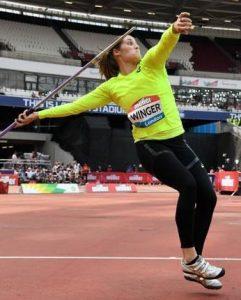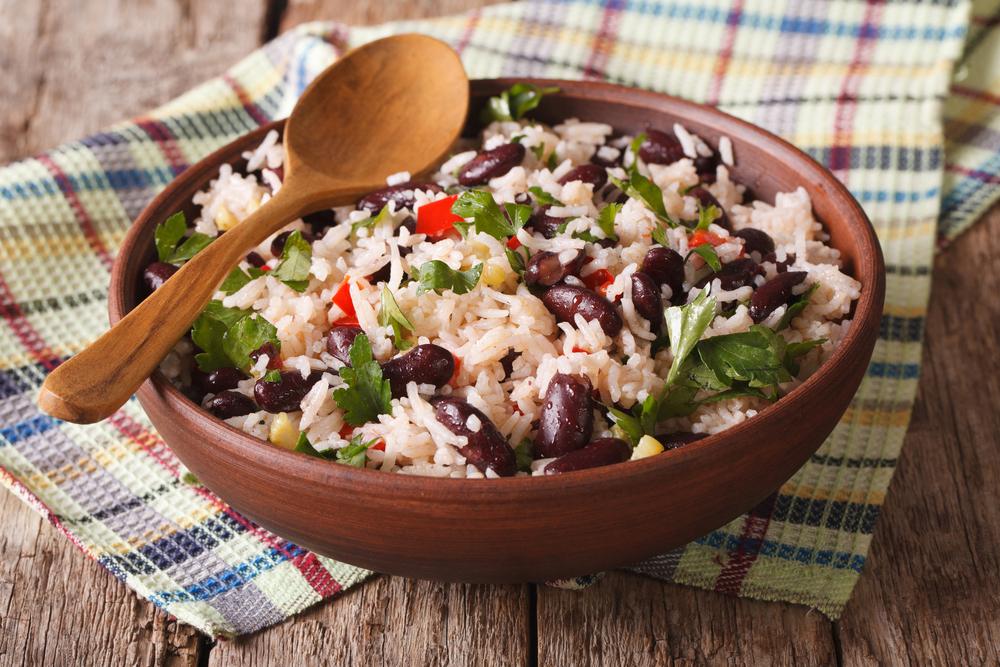Kara Winger is a three-time Olympic javelin thrower and a Purdue graduate with a B.S. in nutrition, fitness, and health. If you’re wondering what type of nutritional plan has worked best for her, she’ll tell you that the plan that has had the most impact on her career has been one of trial and error.
Nutritional guidelines help when you’re looking for what types of foods you should be consuming, but nutrition plans aren’t a one-size-fits-all solution.
“It’s important to adjust your nutrition plan when it comes to training and competition because you’re asking different things of your body, especially in my sport.
Training is about volume and building strength and making sure your body is prepared for quick, explosive, violent movements. You’re putting in a lot of work that takes a lot of energy and a lot of calories for your training.
When it comes to competition, the output isn’t the same. You’re doing a very specific thing for a very short amount of time. I don’t need to eat the same way to prepare for a competition as I do for getting through a long training session.”
Learning what your body needs nutritionally is important since all sports have different demands on the body and every athlete will have varying nutritional needs for their optimal performance. Unfortunately, Winger learned this lesson the hard way.
“I had an experience where I tried to be really lean. Going into Olympic trials in 2012, I had been very lean for about two seasons.
Vanity played a role in that because I wanted to be your stereotypical female athlete with a six-pack, but it very negatively impacted my performance.”

By the time Winger competed at Olympic trials, she had been training at a nutritional deficit for a long time. Although she reached her goal to become a much leaner athlete, she ended up with an ACL injury.
“It wasn’t necessarily because I was lean, but because I had been asking a lot of my body and not giving it enough nutrients for a long time.
Ultimately, I couldn’t recover. I wasn’t strong. I wasn’t throwing far. Then, I tore my ACL. I attribute a nutrition deficit a lot to that happening.”
Through injury, Winger learned that it’s imperative to prioritize your health and wellness by incorporating proper nutrition to prepare your body for the physical output and recovery that sport demands.
“For who I am as an athlete and for how far I’ve thrown, I know that I throw better when I’m a little bit heavier. But at that point, I was young and inexperienced enough to think, ‘Leaner is better. Leaner is faster.’ Smaller is still strong, but for me, that’s not true.”
Since recovering from the ACL injury, Winger has adjusted her nutrition plan to best suit her needs as an athlete.
“I’m not a restrictive person when it comes to my diet. I need to be a little bit heavier to know that I’m throwing far. I don’t eat massive quantities of everything, but I’m not shy about having a cupcake when I want one sometimes.
I’m in a sport where that’s okay and I’m an athlete that knows that’s okay. If I have a little bit extra on me for one practice a week, that’s 100% fine and maybe even keeps me healthier.
It’s all about feeling good, feeling powerful, and feeling strong.”



